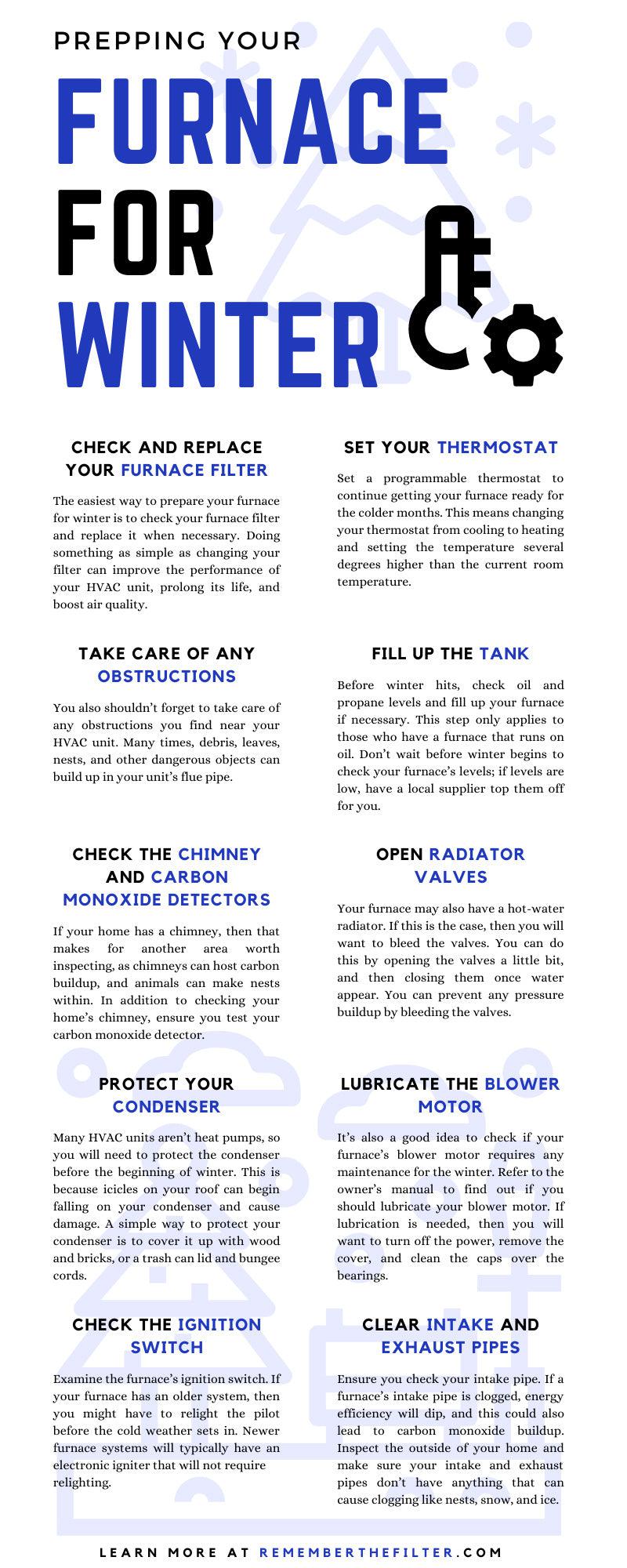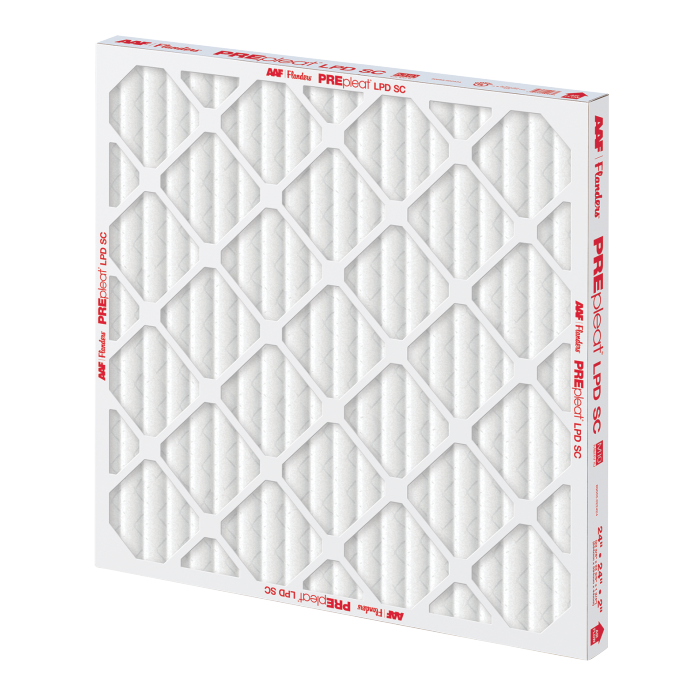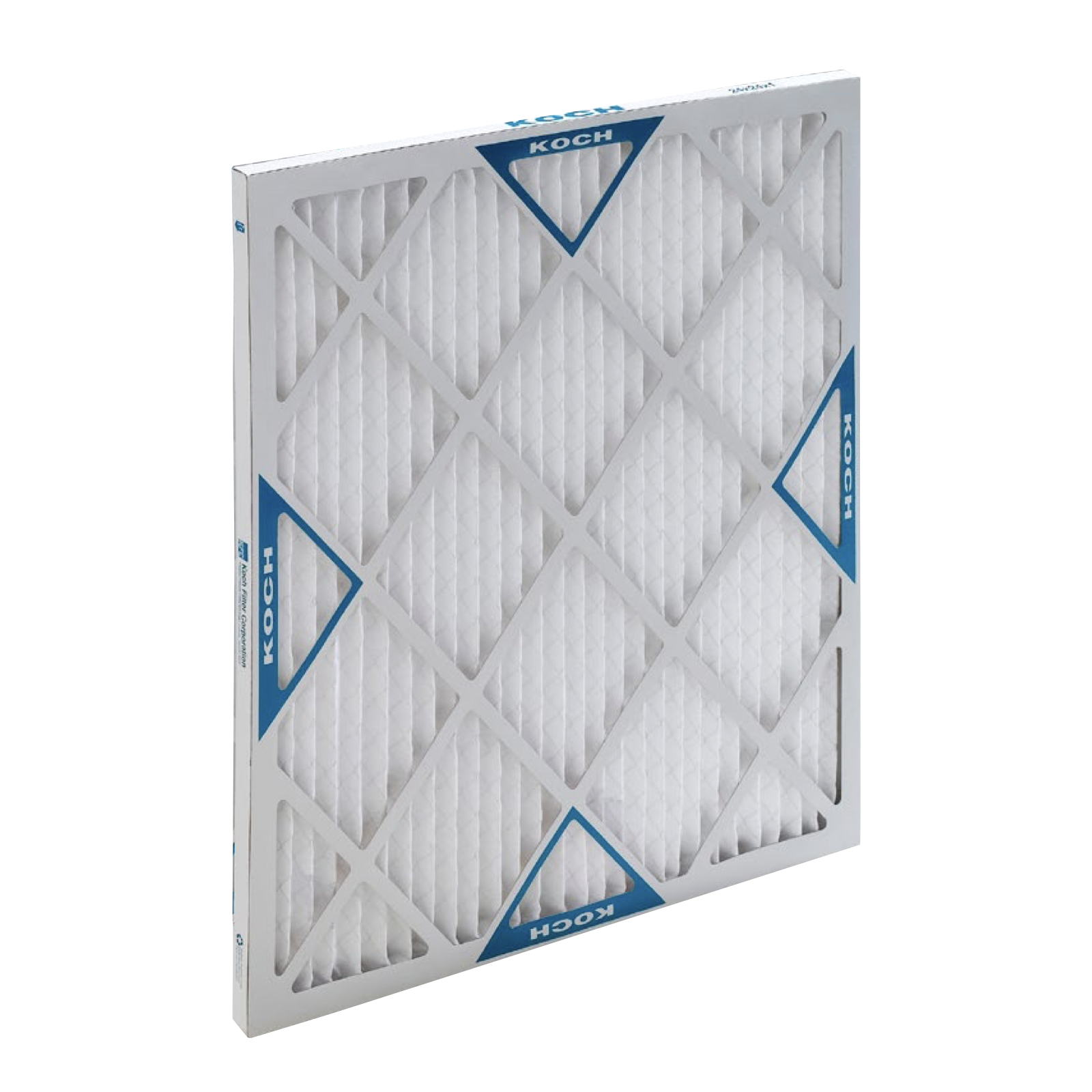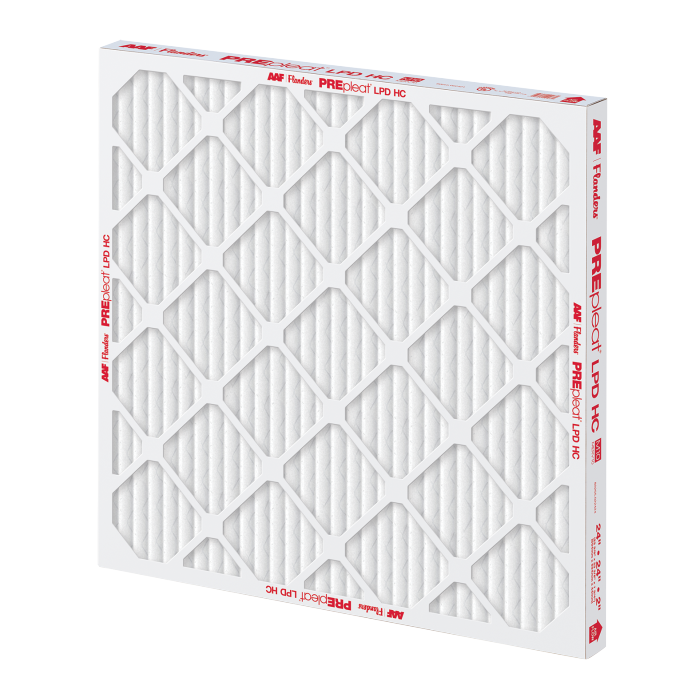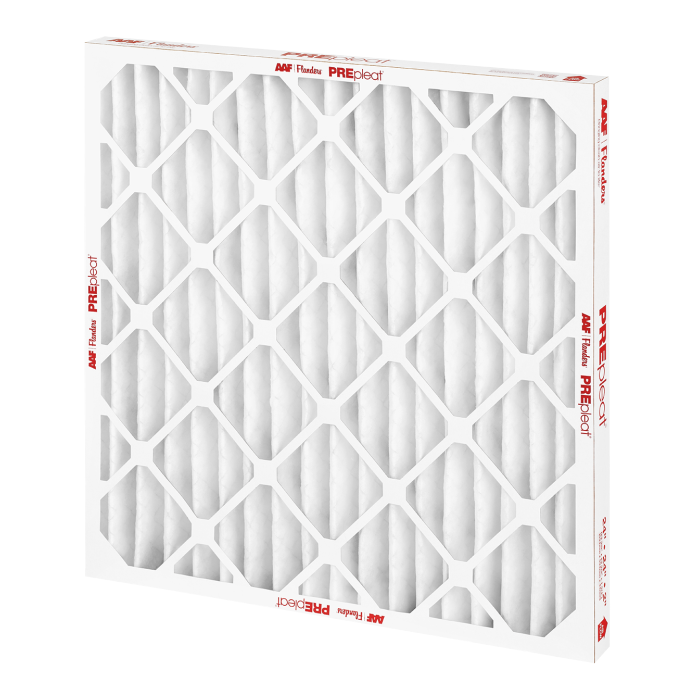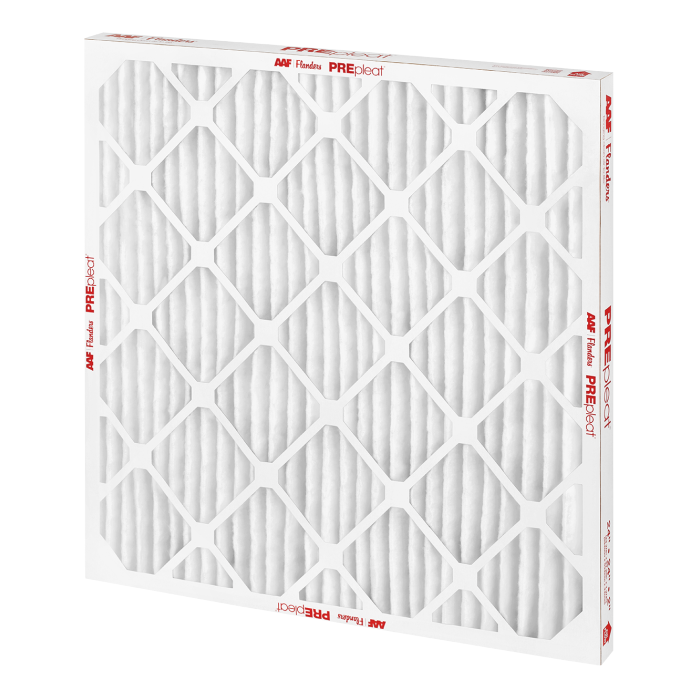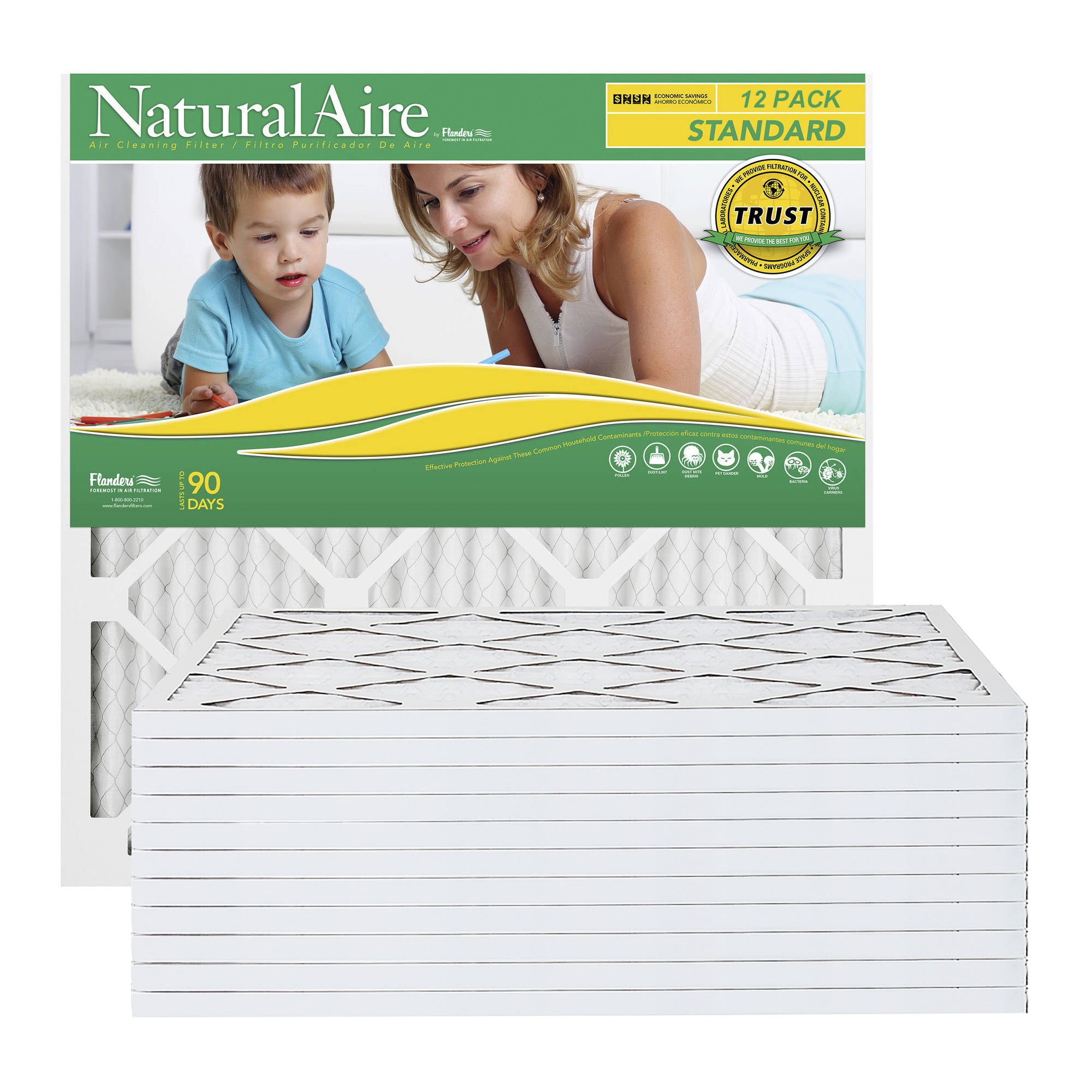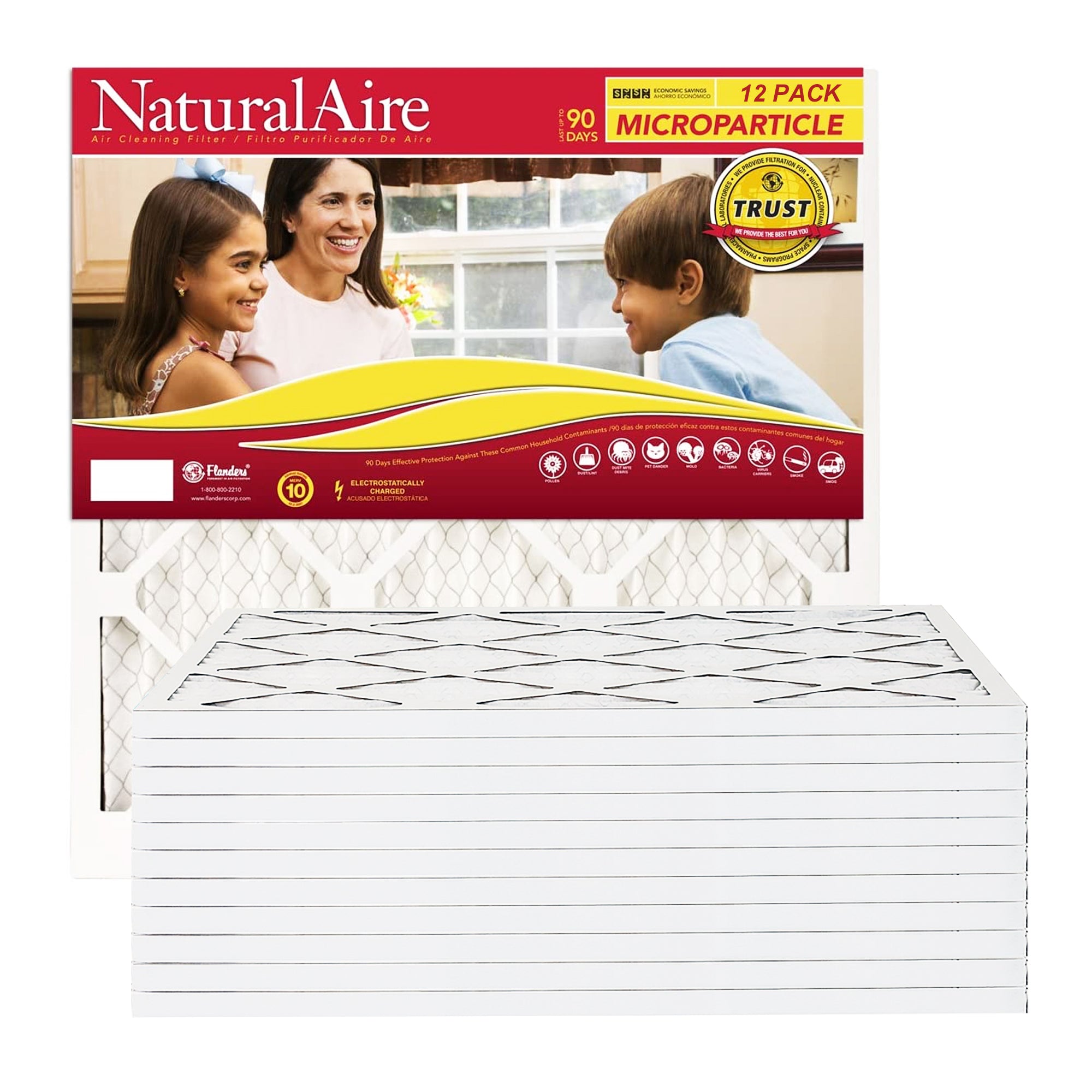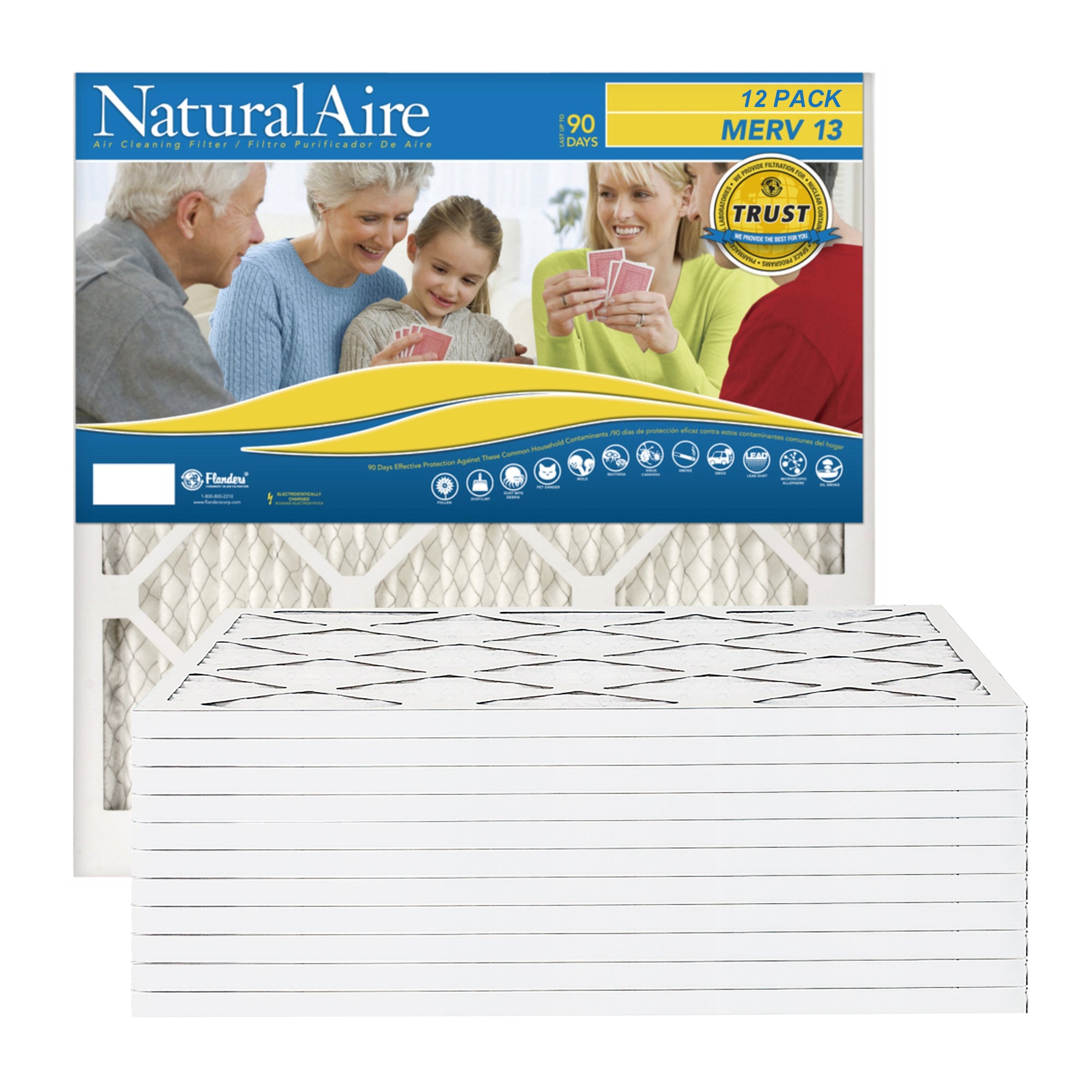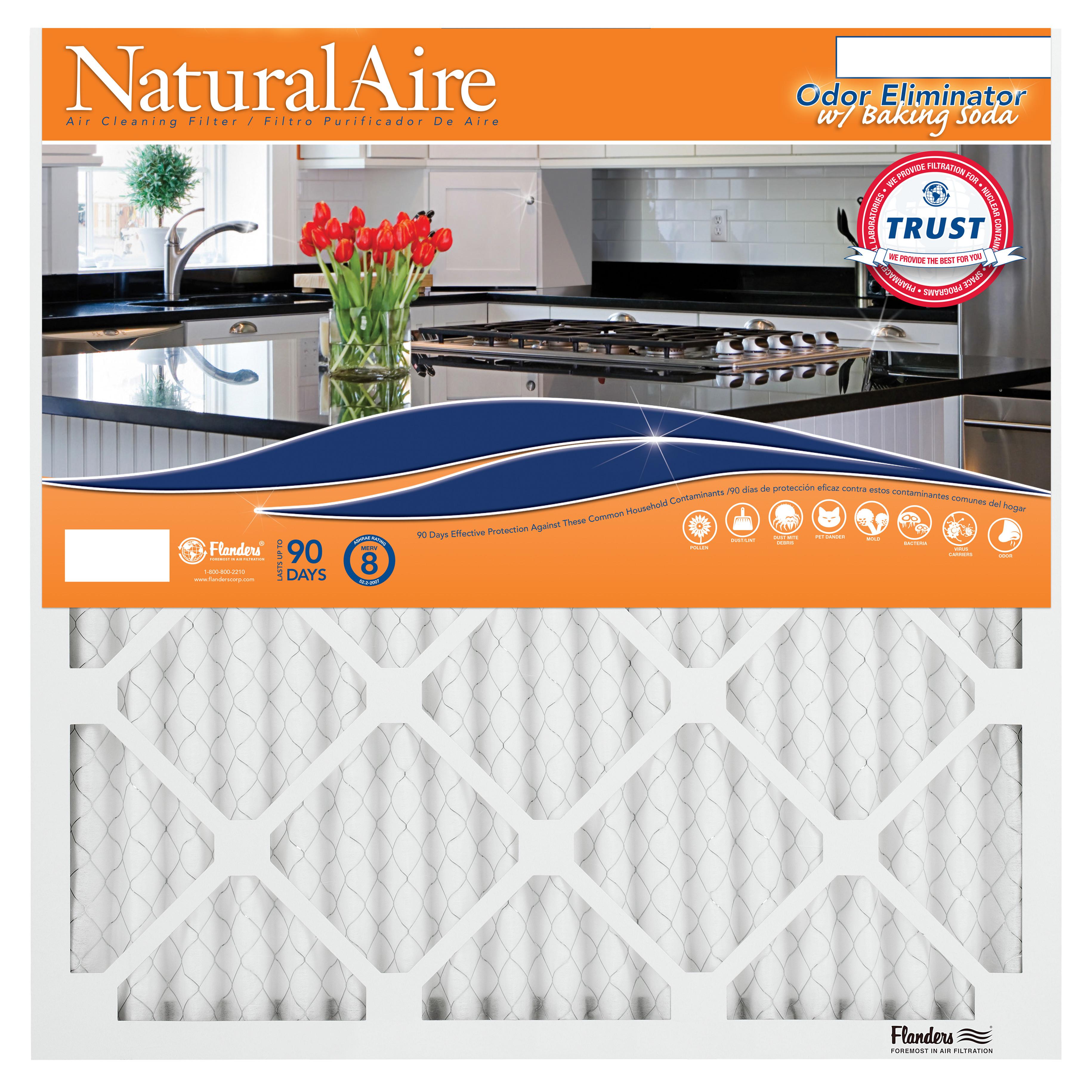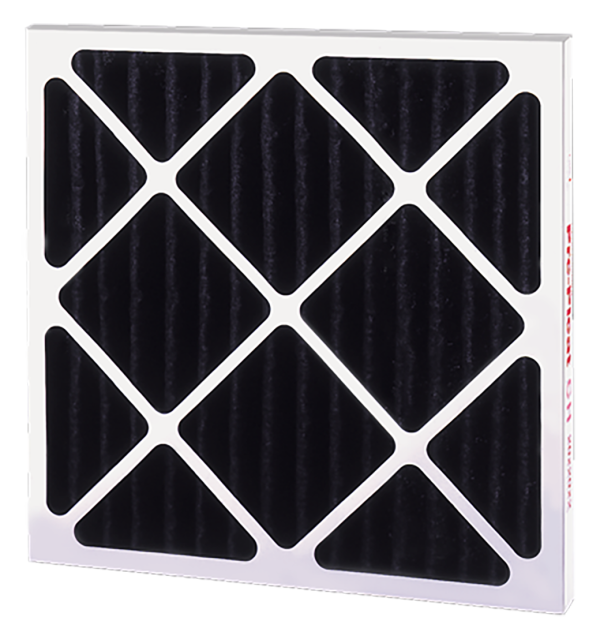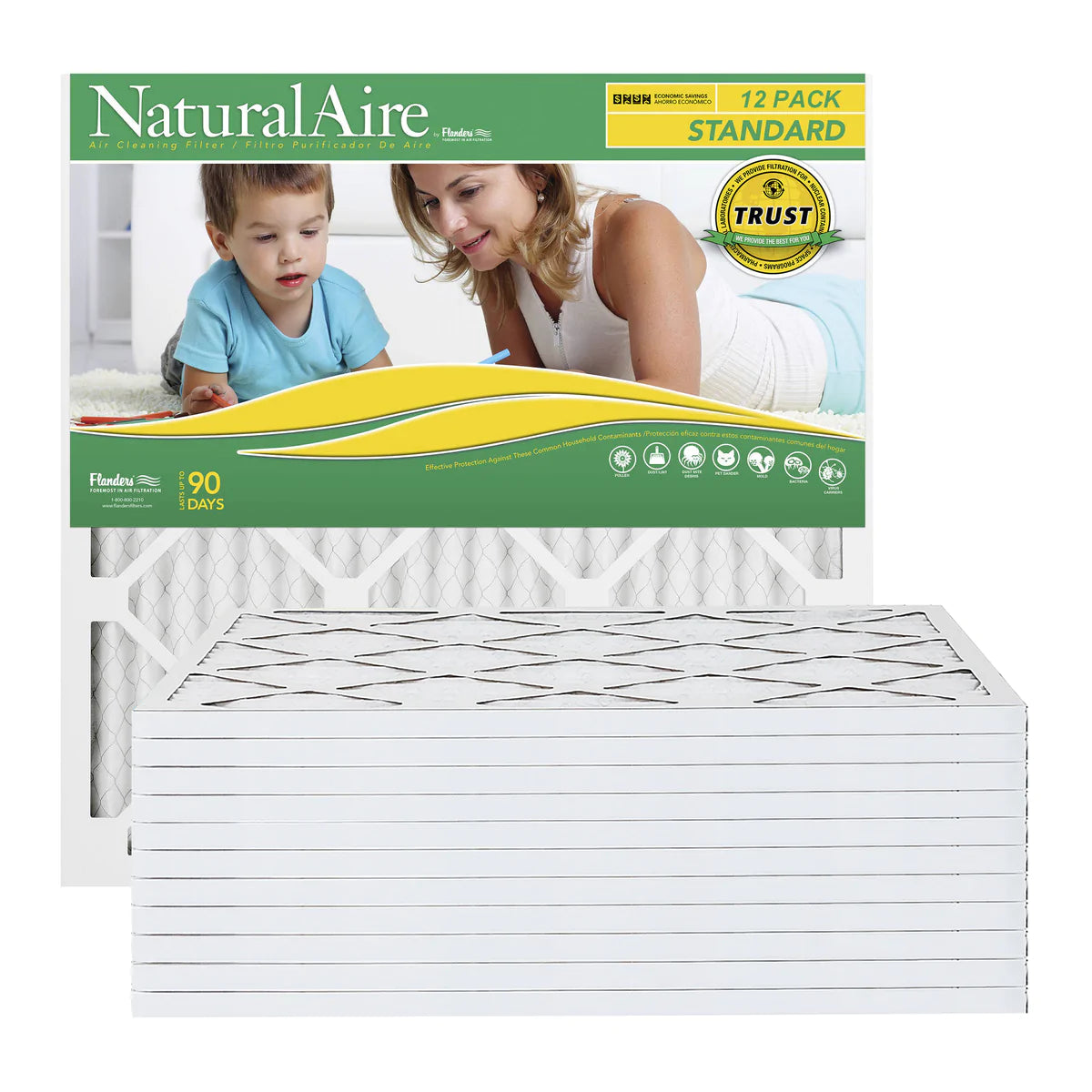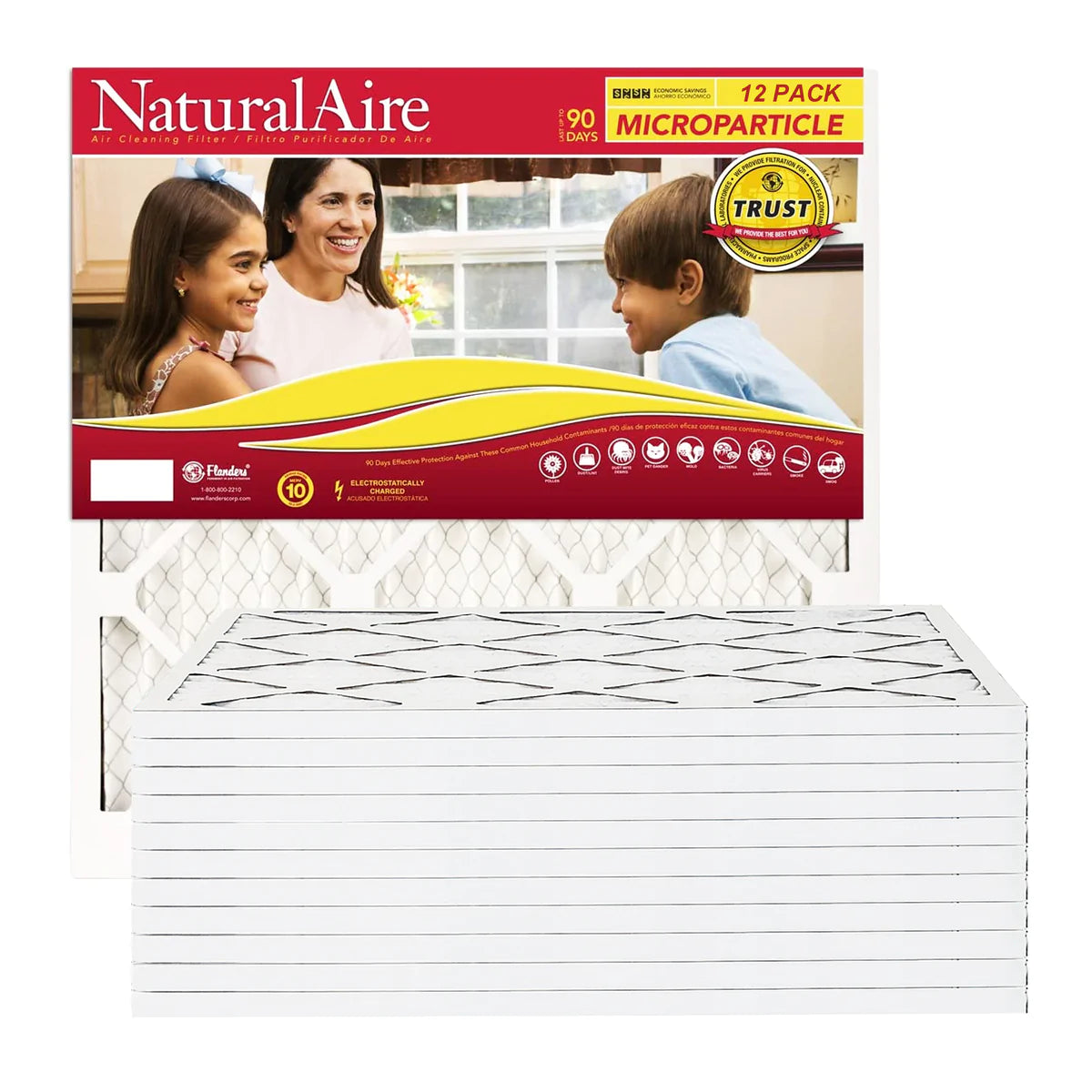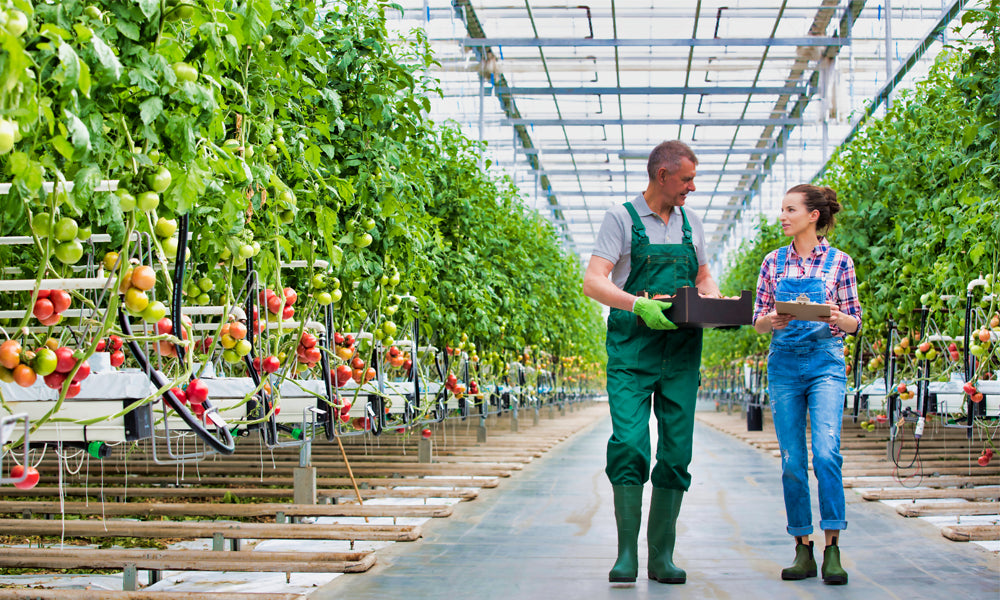Your home will be impacted by cold weather very soon, which means you must change the way you use your HVAC unit, by switching from cold to warm air. However, making the switch to heating isn’t as simple as flipping a switch. There are several things you will want to keep in mind before . Continue reading for some helpful tips on prepping your furnace for winter.
Check and Replace Your Furnace Filter
The easiest way to prepare your furnace for winter is to check your furnace filter and replace it when necessary. Doing something as simple as changing your filter can improve the performance of your HVAC unit, prolong its life, and boost air quality. To check if your filter needs replacing or washing, all you have to do is hold it up to a light and see if any passes through. If you can’t see any light, then you need to replace or wash your filter. If you see light through the filter, it’s still useable, but make sure you check it regularly. Furnace filters typically need changing every 30 to 90 days, depending on the type of filter you use.
In addition to checking and replacing your filters often, you should also prepare for when you do eventually switch out a filter. Stocking up on furnace filters will not only save you money, but also keep you from making repeated trips to the store during the winter. Visit Remember the Filter if you are interested in buying basic, pleated, washable, or fiberglass furnace filters in bulk before you hunker down for the winter.
Set Your Thermostat
Set a programmable thermostat to continue getting your furnace ready for the colder months. This means changing your thermostat from cooling to heating and setting the temperature several degrees higher than the current room temperature. If your heating will not start up correctly, check the wiring yourself if you feel comfortable doing so, or contact a professional.
Take Care of Any Obstructions
You also shouldn’t forget to take care of any obstructions you find near your HVAC unit. Many times, debris, leaves, nests, and other dangerous objects can build up in your unit’s flue pipe. The problem is, all of these obstructions can lead to a fire hazard when you turn on your furnace, so regularly check to see if anything needs removal.
Fill up the Tank
Before winter hits, check oil and propane levels and fill up your furnace if necessary. This step only applies to those who have a furnace that runs on oil. Don’t wait before winter begins to check your furnace’s levels; if levels are low, have a local supplier top them off for you.
Check the Chimney and Carbon Monoxide Detectors
If your home has a chimney, then that makes for another area worth inspecting, as chimneys can host carbon buildup, and animals can make nests within. In addition to checking your home’s chimney, ensure you test your carbon monoxide detector. High levels of the colorless, odorless gas carbon monoxide can lead to injury or even death in a home. This is another inspection that a professional can carry out.
Open Radiator Valves
Your furnace may also have a hot-water radiator. If this is the case, then you will want to bleed the valves. You can do this by opening the valves a little bit, and then closing them once water appear. You can prevent any pressure buildup by bleeding the valves.
Protect Your Condenser
Many HVAC units aren’t heat pumps, so you will need to protect the condenser before the beginning of winter. This is because icicles on your roof can begin falling on your condenser and cause damage. A simple way to protect your condenser is to cover it up with wood and bricks, or a trash can lid and bungee cords. If your HVAC unit is also a heat pump, you should not cover it at all.
Lubricate the Blower Motor
It’s also a good idea to check if your furnace’s blower motor requires any maintenance for the winter. Refer to the owner’s manual to find out if you should lubricate your blower motor. If lubrication is needed, then you will want to turn off the power, remove the cover, and clean the caps over the bearings. After you finish those first steps, take off the caps and lubricate the bearings.
Clean the Heat Exchanger
Another aspect of your home’s furnace that needs attention is the heat exchanger. Make sure you enlist a professional every year who can brush and vacuum the heat exchanger to keep it safe and clean. A technician should also thoroughly check for any cracks in the heat exchanger to prevent a potential carbon monoxide leak inside your home.
Check the Ignition Switch
Examine the furnace’s ignition switch. If your furnace has an older system, then you might have to relight the pilot before the cold weather sets in. Newer furnace systems will typically have an electronic igniter that will not require relighting. If you are having trouble getting your igniter to start, then you should hit the reset button, check the condition of the breaker, or contact a professional to resolve the issue.
Clear Intake and Exhaust Pipes
Ensure you check your intake pipe. If a furnace’s intake pipe is clogged, energy efficiency will dip, and this could also lead to carbon monoxide buildup. Inspect the outside of your home and make sure your intake and exhaust pipes don’t have anything that can cause clogging like nests, snow, and ice.
Follow these tips to eliminate any issues you might have with your furnace during the winter. Start prepping your home for the winter weather ahead by looking at Remember the Filter’s online catalog of HVAC filters from high quality brands like AAF Flanders, NaturalAire, and others! Buy your filters in bulk for the entire season, so you don’t waste the money you’ve set aside for the holiday season on expensive furnace repairs.
